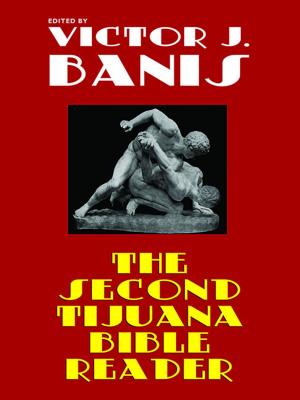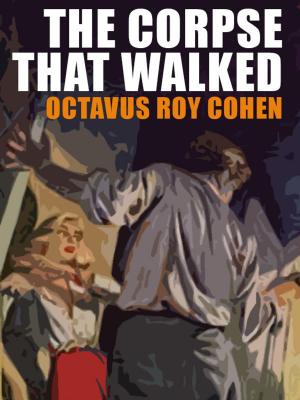Isle of Slaves and Other Plays
Fiction & Literature, Drama, Anthologies, Continental European, Nonfiction, Entertainment| Author: | Pierrie de Marivaux | ISBN: | 9781479409853 |
| Publisher: | Wildside Press LLC | Publication: | April 26, 2013 |
| Imprint: | Wildside Press | Language: | English |
| Author: | Pierrie de Marivaux |
| ISBN: | 9781479409853 |
| Publisher: | Wildside Press LLC |
| Publication: | April 26, 2013 |
| Imprint: | Wildside Press |
| Language: | English |
Here are three French plays from the Enlightenment Period dealing with the subject of slavery. ISLE OF SLAVES, by Pierre de Marivaux, is the longest and most challenging of the three. It postulates an island in the ancient Greek world where the slaves have revolted and seized power, killing all of their former masters and declaring their independence. Now, any "masters" shipwrecked on their island are forced to live as slaves of their own slaves to impress upon them the wrongs they've committed. THE MERCHANT OF SMYRNA, by Nicolas Chamfort, and THE BEAUTIFUL SLAVE, by Antoine-Jean Dumaniant, both deal with the pain that Christian and Muslim lovers experience when one (or both) of them are captured and sold into slavery--and then are fortuitously freed by their new owners or through their own efforts. These dramas represent early moral judgments in the late eighteenth century on the evils of slavery, and as such, are important milestones in the history of European drama.
Here are three French plays from the Enlightenment Period dealing with the subject of slavery. ISLE OF SLAVES, by Pierre de Marivaux, is the longest and most challenging of the three. It postulates an island in the ancient Greek world where the slaves have revolted and seized power, killing all of their former masters and declaring their independence. Now, any "masters" shipwrecked on their island are forced to live as slaves of their own slaves to impress upon them the wrongs they've committed. THE MERCHANT OF SMYRNA, by Nicolas Chamfort, and THE BEAUTIFUL SLAVE, by Antoine-Jean Dumaniant, both deal with the pain that Christian and Muslim lovers experience when one (or both) of them are captured and sold into slavery--and then are fortuitously freed by their new owners or through their own efforts. These dramas represent early moral judgments in the late eighteenth century on the evils of slavery, and as such, are important milestones in the history of European drama.















